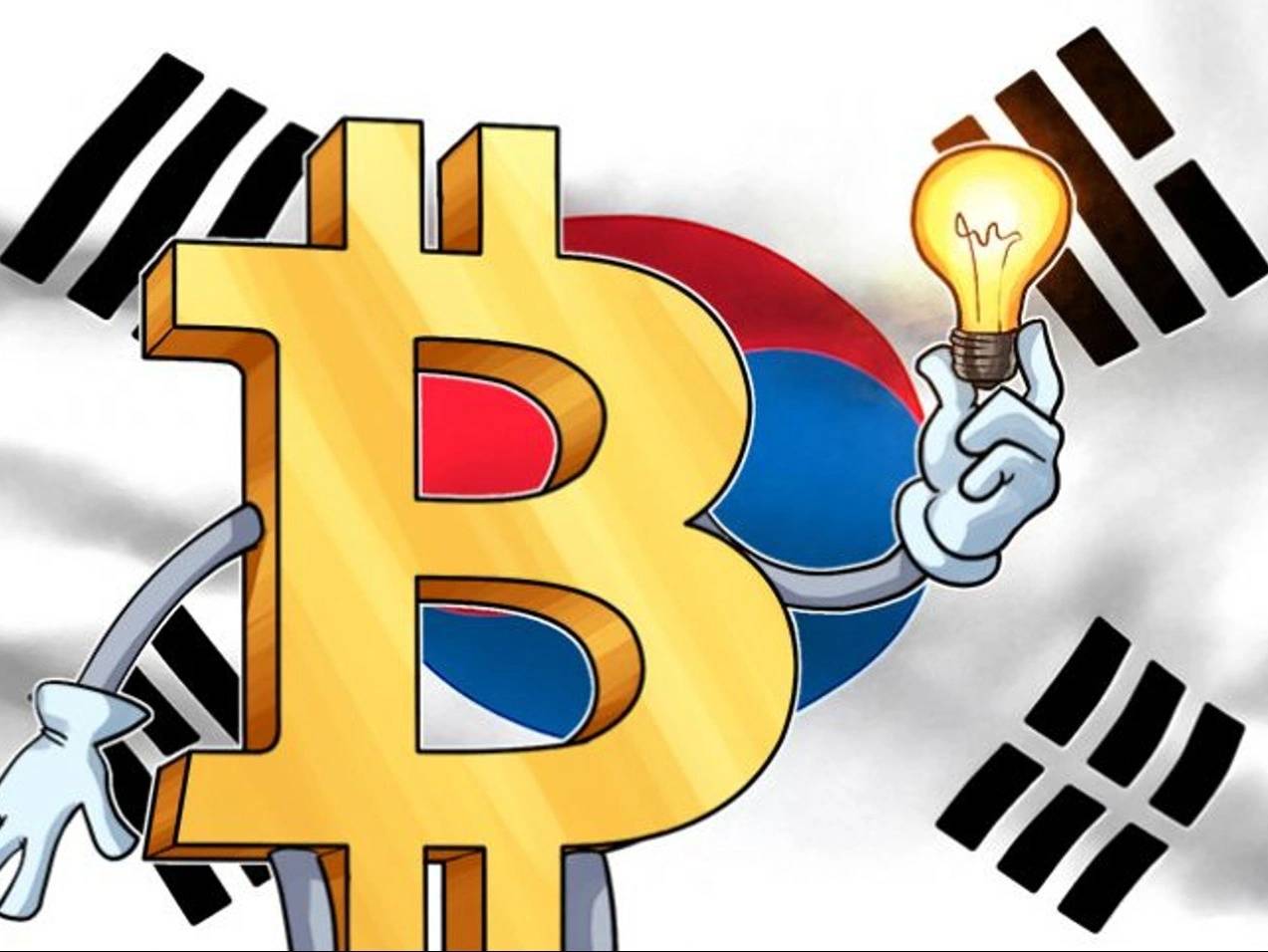Subscribe to wiki
Share wiki
Bookmark
Kimchi Premium
The Agent Tokenization Platform (ATP):Build autonomous agents with the Agent Development Kit (ADK)
0%
Kimchi Premium
The Kimchi Premium is a phenomenon where the price of Bitcoin or another cryptocurrency is quoted at a higher value on South Korean exchanges compared to exchanges in other global regions. In the context of crypto, a 'premium' refers to when the market price of a cryptocurrency on South Korean exchanges exceed the price on other exchanges around the globe.[1]
Overview
The term "Kimchi Premium" is named after kimchi, one of South Korea’s most renowned fermented side dishes. As a unique and culturally significant dish in Korea, it aptly represents a pricing phenomenon unique to the Korean cryptocurrency market.
Several interrelated factors contribute to the Kimchi Premium:
- South Korea's capital controls limit the flow of large sums of money into and out of the country. This restricts the large-scale buying and selling of cryptocurrencies like Bitcoin, leading to limited supply and subsequently, premium prices.
- Often, buyers outnumber sellers in the South Korean crypto market. As a result, the price of Bitcoin within this isolated crypto sphere can surge for brief periods.[1][5]
History
2016
The Kimchi Premium first occurred in 2016 with a difference in prices of 4.8%, according to a report by the University of Calgary. The difference became significant in late 2017 when Bitcoin prices surged by 30%. This upward trend persisted into 2018, with Bitcoin prices in South Korea soaring to a 55% premium in January of that year.[1]
2018
In 2018, the Kimchi Premium nearly disappeared. South Korea announced it would restrict crypto trading more heavily. Before this, South Korean Bitcoin exchanges charged around 4.7% more than those in the U.S.[1]
2021
In 2021, the Kimchi Premium experienced notable volatility. It dipped to -6% in February, surged to 22% by April, and then collapsed again. While the South Korean market continued to fluctuate, it began to show signs of a notable turnaround.[1]
2023
In early 2023, the kimchi premium turned into a kimchi discount. It has stayed at a negative price difference (around -0.24%) since late 2022. However, as of March 2023, Bitcoin is trading at $22,369 on Coinbase (and other foreign exchanges). Meanwhile, Bitcoin trades at $22,924 on the Korean exchange Bithumb. This is about a 2.48% difference in price. [8]
Kimchi Discount
The opposite of Kimchi Premium is Kimchi Discount. Kimchi Discount means Bitcoin trades cheaper in the South Korean exchange than other foreign exchanges at a given time.[2]
In early 2023, the Kimchi Premium turned into a Kimchi Discount. It has stayed at a negative price difference (around -0.24%) since late 2022.
According to Doo Wan Nam, COO of node validator and venture capital fund Stablenode, the Kimchi premium changing to a discount marks a drop in interest from Korean retail investors. He said:[7]
Generally it means fall in interest in crypto from Korean retail, which ironically is generally a better time to buy cause you know you can always sell yours to Korean gamblers for 20% premium later when they FOMO
South Korea has evolved by having strict crypto regulations. The country’s Information Security Management System certification alone ended more than half of the nation’s crypto exchanges. These regulations were influenced by various crypto events, including the multibillion-dollar collapse of the South Korean crypto platform, Terra. However, the renewed Kimchi Discount offers new arbitrage trading opportunities.[1]
Causes of the Kimchi Premium
Here are key factors contributing to the Kimchi Premium existence:[5]
Capital Controls
Cryptocurrencies, as a relatively borderless asset class, present an opportunity for South Koreans to circumvent these controls. This results in increased demand for cryptocurrencies on local exchanges and, consequently, higher prices.
Limited Supply
Regulatory restrictions in South Korea can make it challenging for cryptocurrency exchanges to maintain ample supplies of digital assets. This scarcity, combined with high demand, can drive up prices.
Speculative Behavior
The cryptocurrency market in South Korea has often been characterized by speculative trading and a Fear of Missing Out (FOMO) sentiment among investors. This kind of behavior can lead to rapid price escalation.
Regulatory Factors
South Korea has implemented various regulatory measures related to cryptocurrencies, including Know Your Customer (KYC) and Anti-Money Laundering (AML) requirements. These regulations can impact market dynamics and contribute to price differences.
Kimchi Premium Arbitrage
The Kimchi Premium in arbitrage can present an opportunity for traders to profit by exploiting this price disparity between South Korean exchanges and global exchanges.[4] The Kimchi Premium presents arbitrage opportunities for experienced traders. They can buy cryptocurrencies on international exchanges where prices are lower and sell them on South Korean exchanges to profit from the price difference.[1]
Some investors attempt to earn a profit by trading the price differences that exist on different exchanges. Arbitrage is often associated with currency traders who look for mismatches in exchange rates when identifying arbitrage opportunities.[5] For instance, in 2017, SBF realized the large price differences in different countries and on different exchanges. At the time that SBF benefitted from the Kimchi Premium, Bitcoin was $10,000 in the US, but it was being traded for $15,000 on exchanges in South Korea due to extreme demand for digital currency in Korea. Other arbitrages also arose in Japan around this period of time, although the premium in Japan was not quite as high as in Korea, due to the restrictions on foreign traders.[3]
See something wrong?
The Agent Tokenization Platform (ATP):Build autonomous agents with the Agent Development Kit (ADK)
